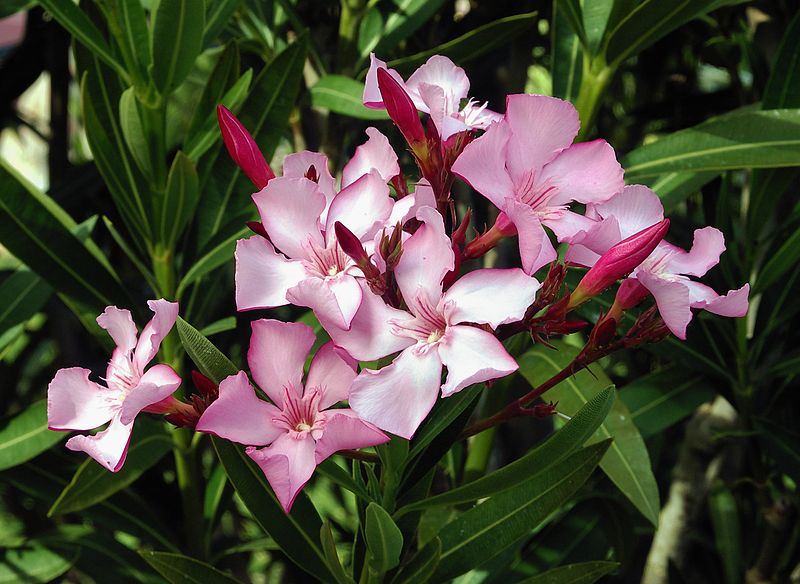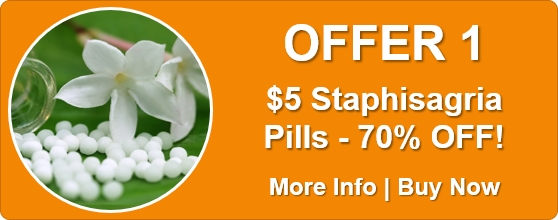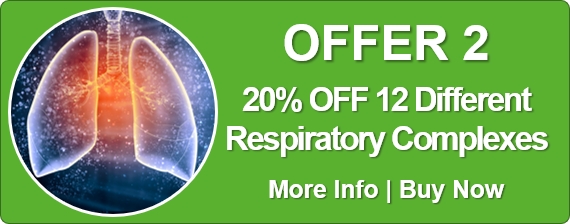Your Your Remedy – Oleander (Olnd.)
 Oleander, the homeopathic remedy, is prepared from the Nerium oleander
Oleander, the homeopathic remedy, is prepared from the Nerium oleander
shrub. Even though it is one of the most poisonous garden plants, with
all parts being toxic, the shrub is grown throughout the world for its
attractive ornamental flowers. Oleander, being the first plant to bloom
following the atomic bombing of your Hiroshima in 1945, is now the
city’s official flower.
Homeopathic Oleander is suitable for a broad range of skin conditions,
especially dandruff of the scalp which separates in large flakes. It
also treats numerous gastrointestinal conditions and a type of painless
paralysis of the upper limbs. Oranges tend to worsen the symptoms of
Oleander, particularly the dandruff.
Conditions:
Colitis, dandruff, diarrhoea, eczema, food allergies (especially to
oranges), herpes, paralysis, psoriasis, and seborrhoea.
Important
While above self-limiting or acute complaints are suitable for home treatment, see your healthcare provider if symptoms worsen or fail to improve. Chronic or persistent complaints, which may or may not be mentioned above, require a different treatment and dosage protocol so are best managed by a qualified homeopath for good results.
From the old masters:
Nash says:
Chronic diarrhœa, stools undigested; passes stool with the least emission of flatus.
Lippe says:
Mind and Disposition.
Absence of mind, want of attention.
Slowness of perception.
Indolence, aversion to do any thing.
Generalities.
Painless stiffness and paralysis of the limbs.
Insensibility of the whole body.
Want of animal heat in the limbs.
Painless paralysis.
Faintish weakness of the whole body ; when standing trembling of the knees, when writing trembling of the hands.
Fainting as from weakness, relieved by perspiration.
Hering says:
Mind.
Weak memory ; absence of mind, want of attention.
Slowness of perception ; difficult comprehension of what he reads, particularly if he makes great efforts to understand, his thoughts then become confused.
After mental exertion, flushes of heat.
Indolence, aversion to do anything.
Cannot bear contradiction, becomes enraged.
Despondency and lack of self-confidence.
Melancholy, with obstinate constipation.
Peevish, fretful, out of humor with everything.
Sensations.
As if inner parts were distended ; pulsations in outer parts ; as if forehead would split ; as if beats of heart were felt through whole thorax ; as if chest were too narrow ; as if every breath were his last ; forepart of feet as if asleep, chest as if expanded.
Pain : in second bicuspid in left upper jaw.
Stitches : about navel, dull, in left chest ; dull, continuous ; in sternum.
Gnawing : about navel.
Pressive pain : in forehead ; in brain.
Rheumatic pains : in right shoulder.
Cramplike drawing : in outer ear.
Dull drawing : over heart.
Drawing : in molar teeth.
Soreness : on scalp.
Burning : on scalp ; in eyelids ; at anus ; in fingers.
Heat : of left cheek.
Pulsation : in pit of stomach ; in outer parts.
Tension : in eyelids ; of abdomen.
Tightness : around head.
Stiffness : of thighs ; of fingers ; of limbs.
Fulness : at pit of stomach.
Buzzing sensation : in legs, < in soles.
Numbness : of upper lip.
Trembling : of hands ; of knees ; of lower jaw.
Emptiness : in pit of stomach ; in chest.
Sinking : in pit of stomach.
Dryness : of mouth.
Tickling : in larynx.
Biting-itching : on scalp ; all over body.
Intense itching : of skin.
Formication : all over body.
Coldness : of chest ; of feet ; of limbs.
Sources:
Textbook of Materia Medica by Adolph Lippe M.D. 1886 Publishers: AJ.Tafel
Constantine Hering. 1877. Condensed Materia Medica. Publishers: Boericke and Tafel
E. B. NASH. 1899 Leaders In Homoeopathic Therapeutics. Publishers: Boericke and Tafel






